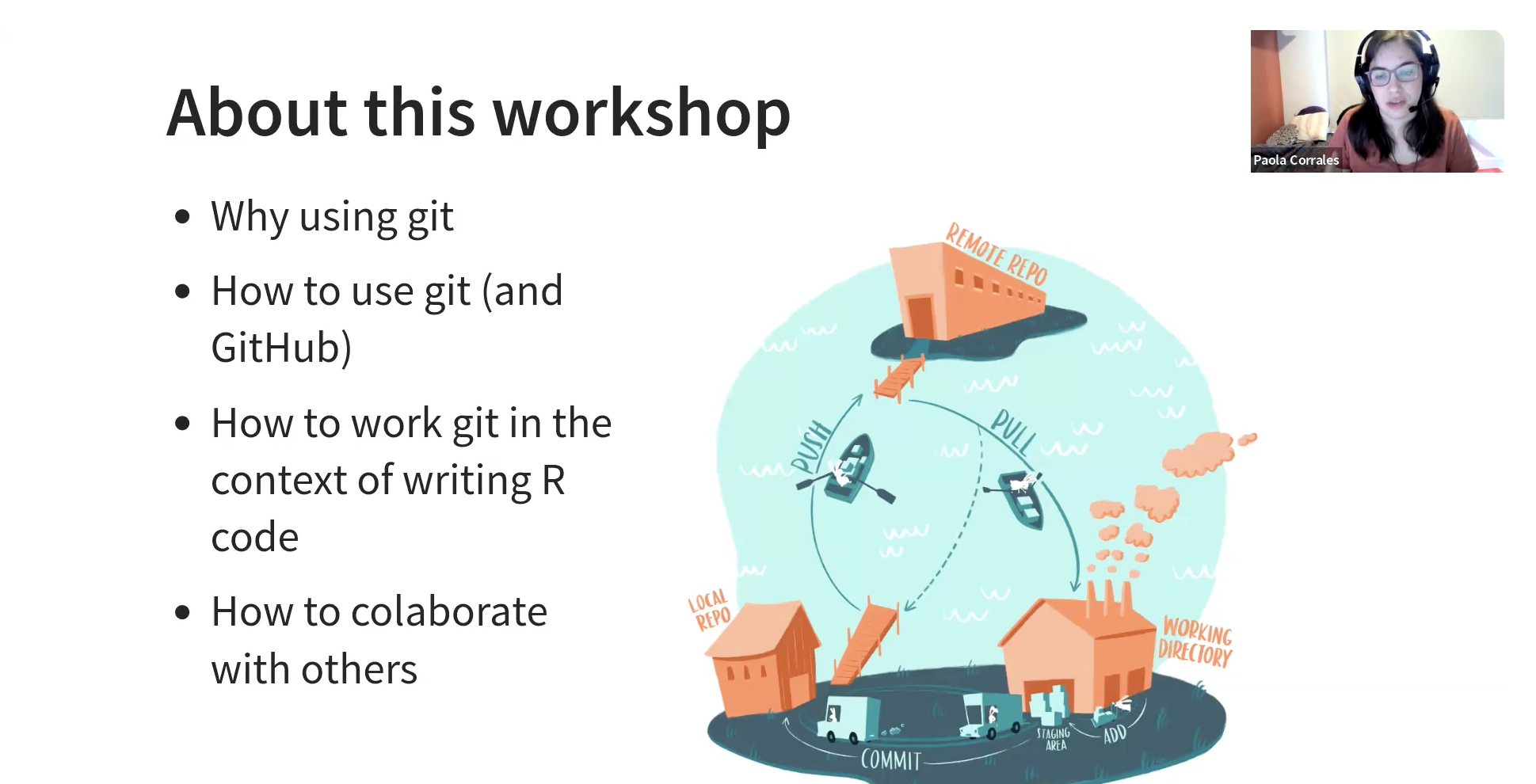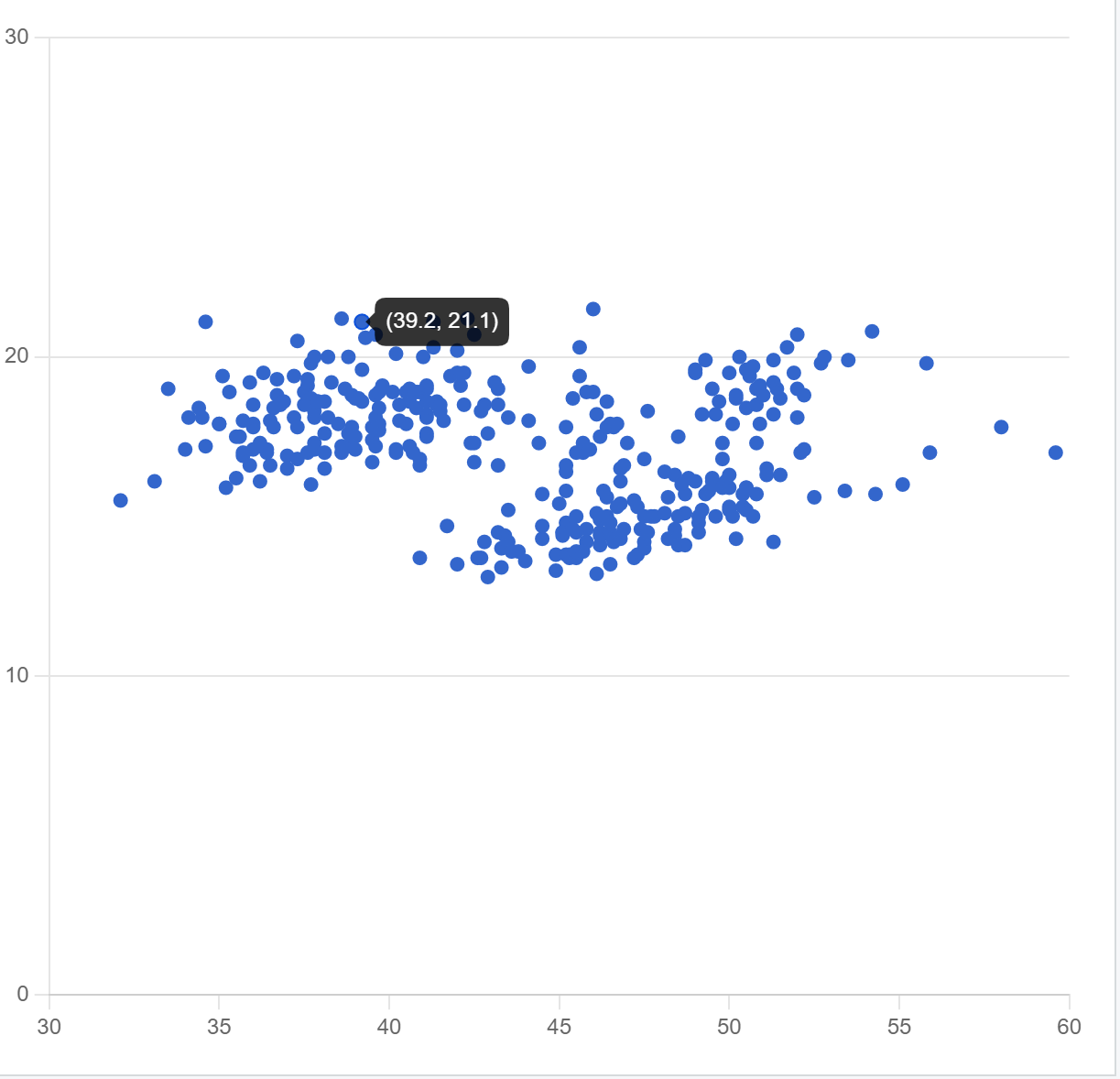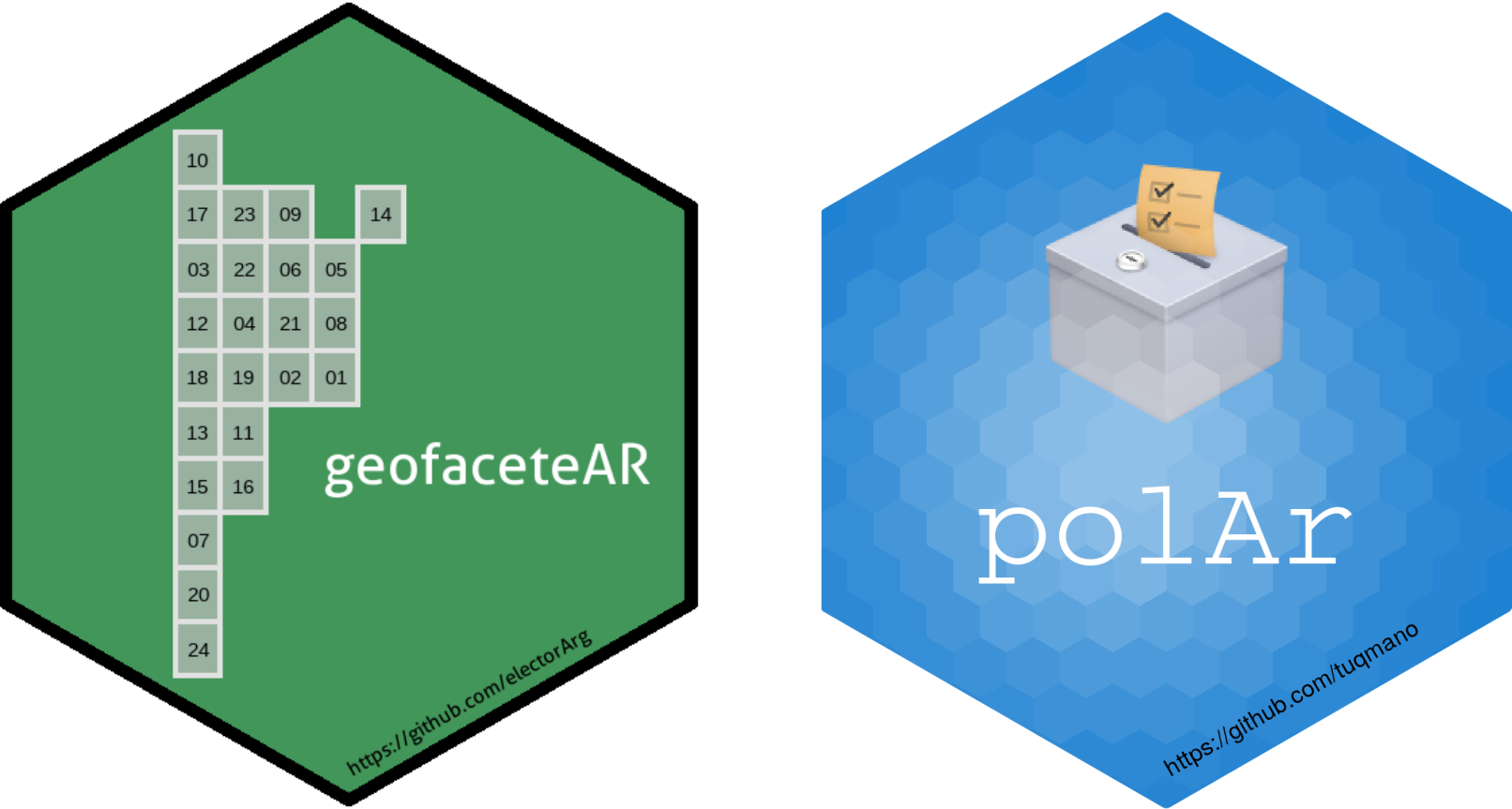Do you maintain an open-source project like an R package or a collection thereof, and wonder how to best use various communication channels to inform and engage with your community of users?We’ve consolidated this list of tips.Some of them are required in our opinion, others are simply nice to have.Required: Having good release notes Since you’re developing a product, the first act of communication is to write informative release notes.Release
Rogue Scholar Posts

The goal of the rOpenSci Champions Program is to enable more members of historically excluded groups to participate in, benefit from, and become leaders in the R, research software engineering, and open source and open science communities. This program includes 1-on-1 mentoring for the Champions as they complete a project and perform outreach activities in their local communities.

Our first cohort of the rOpenSci Champions Program has now completed the second phase of the program by developing their project and carrying out outreach activities. In this article, we share each Champion’s project, their achievements and their outreach activities. Champions’ Projects In their applications Champions choose to develop a new package or to participate in the review process as authors or reviewers.
Now that you have created your package, presenting it to the world is a crucial step to gain visibility and attract users . Marketing your package effectively contributes to reaching the people your package can support, finding users to assist you in maintaining and improving your package and allowing you to learn about how people use it. In this blog post we suggest a series of activities and tools for advertising your
Our community is our best asset. It’s so important to us, it’s in our mission statement. We recognize that communities are not inclusive by default; they require deliberate attention, including an enforceable Code of Conduct. rOpenSci is committed to providing a safe, inclusive, welcoming, and harassment-free experience for everyone.

The rOpenSci Champions Program starts this 2024 with a new cohort of Champions. We are pleased to introduce you to our Champions and their projects! Ezekiel Adebayo Ogundepo Hello, I’m Ezekiel, a data science professional deeply fascinated by the intersection of mathematics, statistics, and real-world challenges.
The rOpenSci community is supported by our Code of Conduct with a clear description of unacceptable behaviors,instructions on how to make a report, and information on how reports are handled. We, the Code of Conduct Committee,are responsible for receiving, investigating, deciding, enforcing and reporting on all reports of potentialviolations of our Code.
Las personas campeonas de una comunidad son personas que asumen una mayor responsabilidad en el éxito, la sostenibilidad y/o el funcionamiento de una comunidad . 1 rOpenSci desarrolla un programa de campeones y campeonas enfocado y pensado para que participen personas que pertenecen a grupos histórica y sistemáticamente excluidos de las comunidades de software abierto y de software de investigación.

Being a part of the rOpenSci Champion’s program has been a transformative experience, pushing me to explore the world of R package development and contribute to the world of open science. While my initial project proposal took a different route, the unexpected journey led me to create a valuable tool that I am proud to call my own – an R package ChartkickR.

It was 2015, a Political Science master’s student had to process data to hand in his thesis and decided to take the opportunity to learn how to use R. To the long and winding road of the academic requirement was added an extra degree of difficulty: incorporating programming software from scratch, with a somewhat steep learning curve.